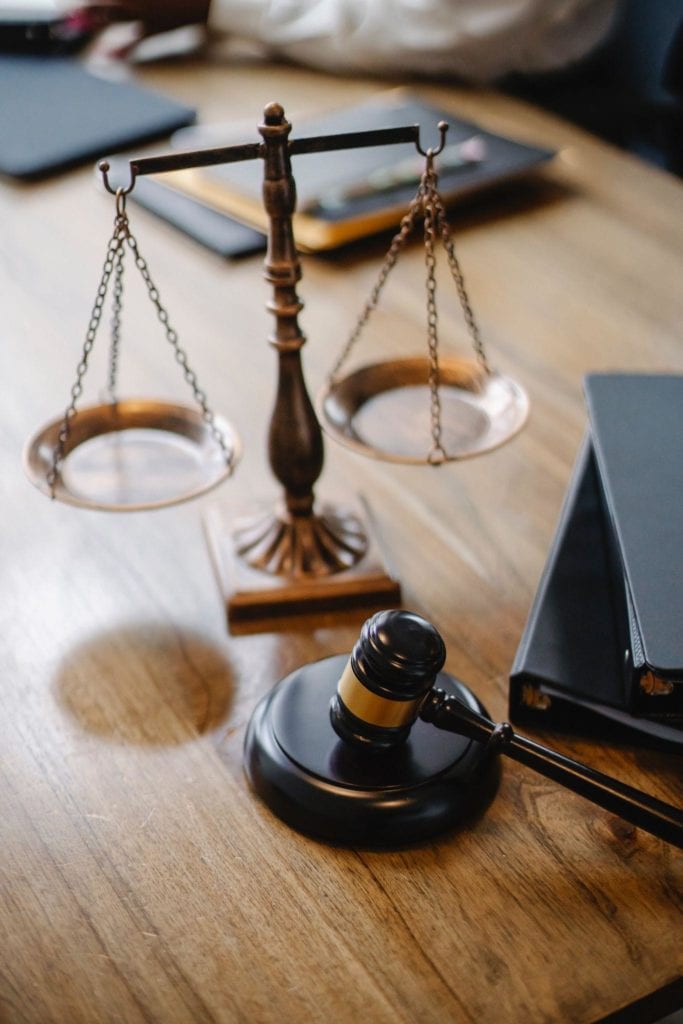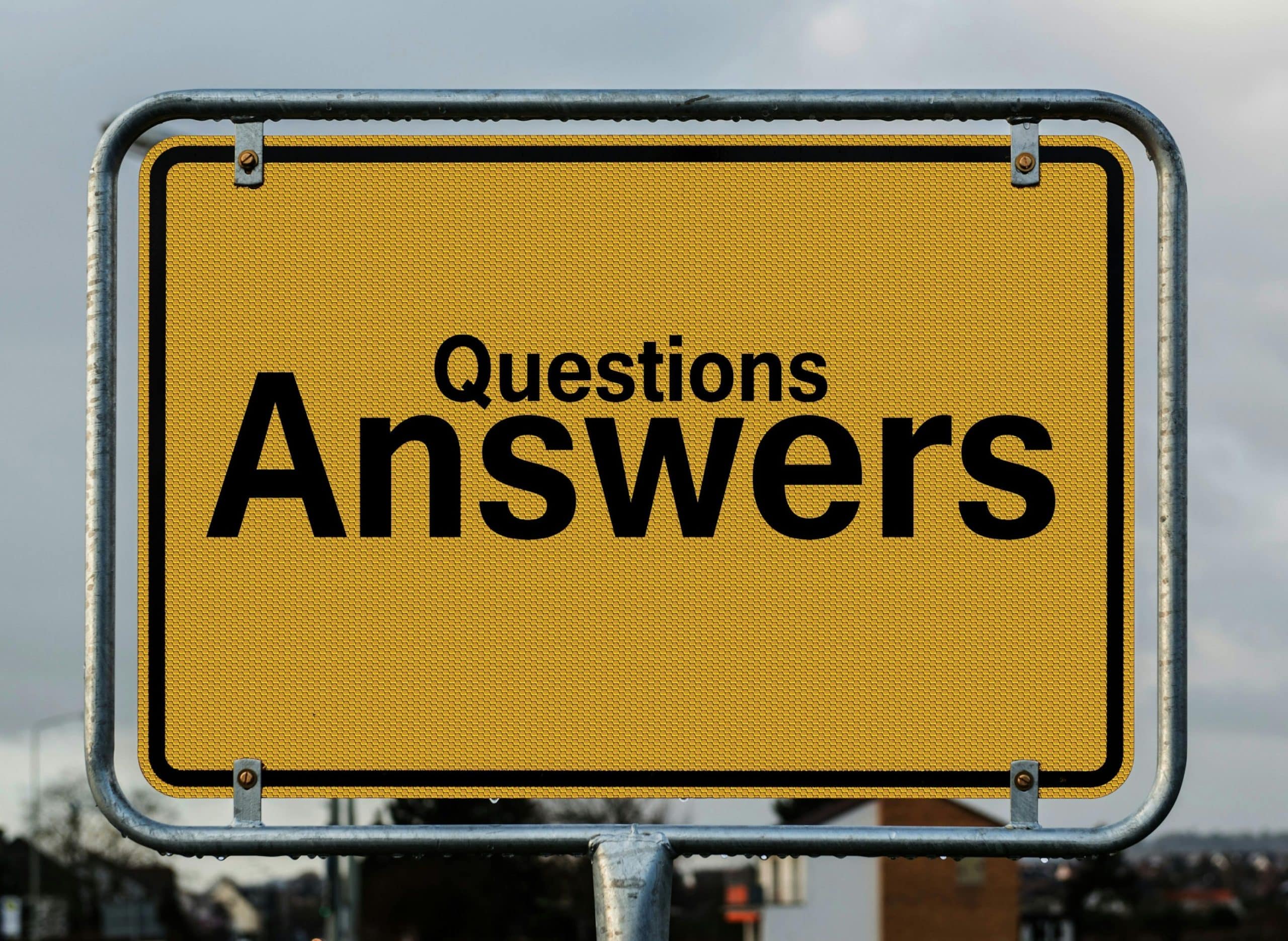Personal injury claims are vital for persons seeking compensation following an accident or damage caused by the carelessness of another. Whether it’s a vehicle accident, a slip, and fall, or medical negligence, these lawsuits seek to compensate plaintiffs for their losses. The recorded statement, in which the people engaged in the incident present their versions of what transpired, is an important feature of such claims. Recorded statements can greatly influence the result of a claim in Summerlin, NV, where personal injury lawsuits are common owing to the busy lifestyle. Seeking advice from an expert Summerlin injury lawyer is critical to ensuring your recorded statement works in your favor and protects your rights.
Understanding Recorded Statements
In personal injury claims, recorded statements are crucial. Insurance adjusters or representatives from other parties involved often gather them within days of the accident. The claimant, witnesses, and the opposing party present their version of events leading up to the incident. These statements are taped and transcribed for evidence during the claims process and even in court if the matter goes to trial.
The Importance of Accurate Statements
For personal injury lawsuits, accurate and consistent documented statements are critical. These statements serve as essential evidence during the claims process and can substantially affect a case’s result. A claimant must provide an accurate and credible documented statement for various reasons:
- Establishing Credibility: An truthful statement contributes to the claimant’s credibility. Insurance adjusters, defense counsel, and even juries assess the claimant’s account for dependability and integrity. Inaccurate or contradictory statements might call into question the claimant’s integrity and the legitimacy of the overall claim.
- Building a Strong Case: An accurate statement backed up by consistent proof supports the claimant’s position and case for reasonable compensation.
- Avoiding Misinterpretations: Inaccurate comments might lead to misunderstandings about the circumstances leading up to the accident or the nature of the injuries. It might occur when a claimant talks incorrectly or offers false information accidentally. Misinterpretations can lead to misconceptions regarding the accident’s circumstances, harming the claimant’s prospects of receiving reasonable compensation.
- Minimizing Risk of Damaging Cross-Examination: Opposing parties frequently cross-examine the claimant in court or during negotiations based on their recorded statement. If the claimant’s statement has inconsistencies or errors, they may face extensive questioning, which may be frightening and potentially damaging to the claim. An accurately recorded statement can assist in reducing the possibility of harmful cross-examination and keep the claimant’s case solid throughout the legal procedure.
- Strengthening Settlement Negotiations: Insurance adjusters will extensively examine the recorded statement during settlement talks to determine the strength of the claim. A correct statement is a strong foundation for the claimant’s claims and supports their desire for just compensation. On the other hand, a false or contradictory statement might be utilized by the insurance company to undervalue the claim and give a smaller payment than the claimant deserves.
- Demonstrating Recollection and Care: An accurate documented statement suggests that the claimant remembers the events well and treats the case seriously. It demonstrates that the claimant understands the significance of presenting accurate information and supports their commitment to settling the matter fairly and justly.
- Protecting the Claimant’s Rights: Accurate statements safeguard the claimant’s rights by presenting their case accurately and clearly. The claimant helps to ensure that the claim is reviewed properly and that their right to seek compensation is protected throughout the claims process by submitting reliable information.
Common Mistakes to Avoid During Recorded Statements
Giving a recorded statement may be stressful, and claimants may make mistakes that can jeopardize their case. Some frequent mistakes to avoid are:
Guessing Details: Claimants may feel pressed to submit answers even if unsure about specific parts of the incident. Inaccuracies caused by guessing details can be used against them later.
Speculating on the Cause: Guessing the accident’s cause or who was at fault can be dangerous. It is preferable to stick to facts and avoid making any assumptions.
Downplaying the Severity of Injuries: Playing down the severity of injuries during the recorded statement might result in inadequate compensation.
Giving Needless Personal Information: Giving needless personal information unrelated to the accident might be used to call the claimant’s credibility into doubt.
How Recorded Statements Can Be Used Against You
Insurance firms, for example, may utilize recorded statements against claimants to undermine their cases. Adjusters and defense attorneys carefully scrutinize these statements for discrepancies or words that might be omitted from context. They may try to discredit the claimant’s account of events or cast doubt on the severity of injuries. Doing so can decrease the amount of compensation given or dismiss the claim entirely.
Seeking Legal Guidance
Given the potential risks of recorded statements, it is prudent to obtain legal counsel. An expert Summerlin injury lawyer can help safeguard your interests during the recorded statement procedure. They know the legal consequences of every statement and will guarantee you do not fall into insurance company traps.
Dos and Don’ts During Recorded Statements
- Do: Prepare in Advance: Before the recorded statement, organize your thoughts and analyze the incident, injuries, and other important data.
- Do: Remain Calm and Concentrated: Maintain your cool during the interview and respond to queries directly and concisely. Stick to the basics and avoid needless details.
- Do: Be Honest: During a recorded statement, honesty is essential. Always tell the truth and refrain from making exaggerated or deceptive comments.
- Don’t: Guess or Speculate: It’s fine to state you don’t know or don’t recall if you’re unclear about particular aspects. Avoid making assumptions or speculating on anything.
- Don’t: Feel Pressed to React Quickly: Take your time and react intelligently. If you need a moment to gather your thoughts before responding, please take it.

Contact Bourassa Law Group for the Best Summerlin Injury Lawyer in Town
Recorded statements have great weight in personal injury lawsuits, so claimants must use them cautiously. Seeking a Summerlin injury lawyer who has handled recorded statements might improve your chances of a favorable conclusion.
Bourassa Law Group is an established team of expert Summerlin, NV, injury lawyers. We ensure our clients get the compensation they deserve and help them navigate the intricacies of the legal system. Let’s seek justice together for you!
Contact us today to learn more about our personal injury lawyers.





